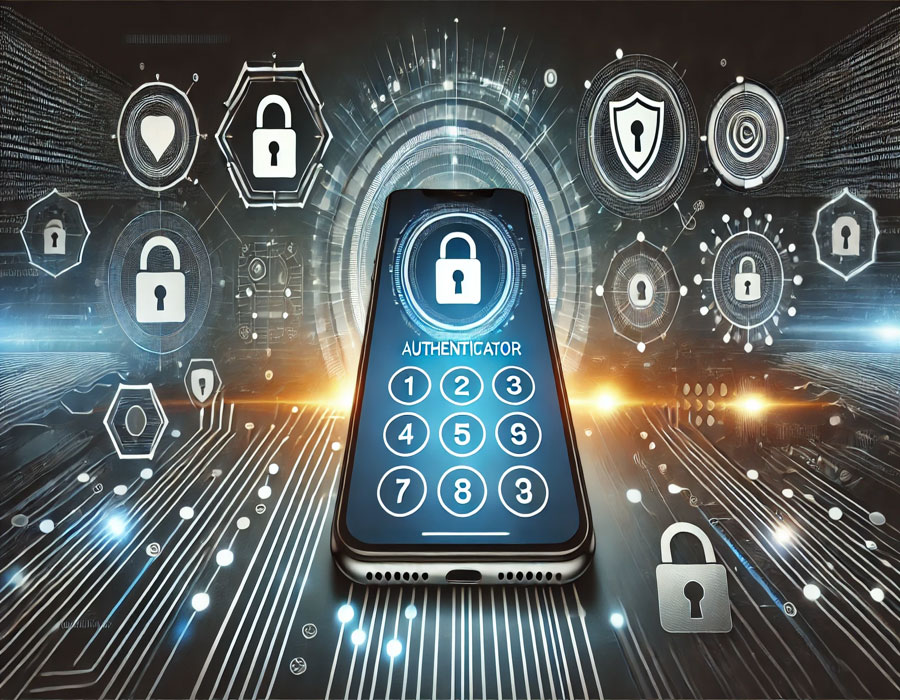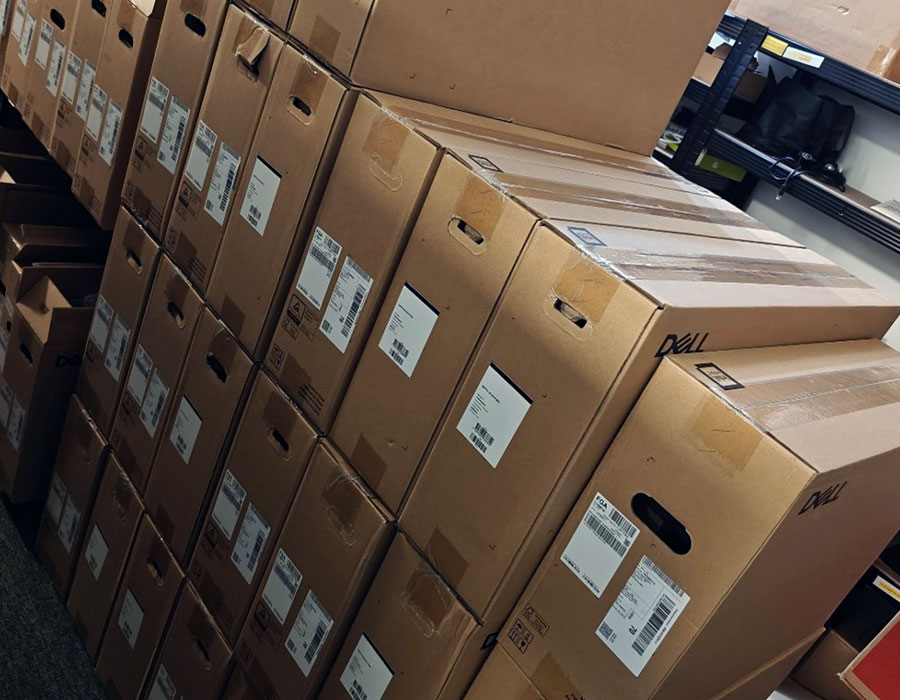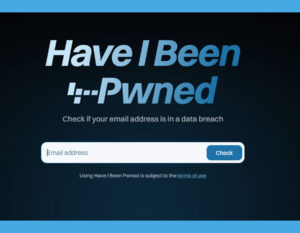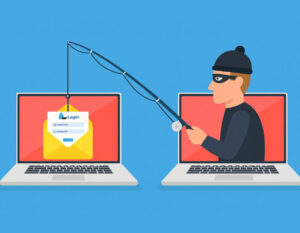Multi-factor authentication (MFA) is an additional login process to the usual username/email and password. It asks users to provide two or more types of verification before accessing an account, making it difficult for unauthorised individuals to gain access even if they have the user’s password. The concept behind MFA is that if one method is compromised, the unauthorised individual still needs to overcome the additional security.
MFA uses several methods. The first option would be something you have, such as a physical device, i.e. a smartphone (for SMS or app-based codes) or a hardware token such as USB sticks, fobs, etc. The second option would be something connected to you, i.e. biometrics. These include fingerprints, facial recognition, retina scans, etc.
The most common form of MFA is authentication software on your mobile device. These provide either a one-time code or a popup/notification asking if you approve the sign-in request. There are a few options, such as Google Authenticator and Authy, but the most widely used one is Microsoft Authenticator. MFA is used in a variety of instances. One example is online banking and financial services. Most banks require MFA to approve logins and transactions, so there is always a second layer of security if your password is compromised. Another instance would be in the workplace. Many companies are now implementing MFA for internal systems and sensitive data, especially those working remotely or cloud-based.
As for cost, MFA and the software are free except for some hardware tokens, as mentioned above.
Using MFA provides a lot of benefits. One benefit is the reduced risk of data breaches. Using one or more of the above methods can prevent unauthorised individuals from accessing confidential data such as financial records and client data. Another benefit is the enhanced security it gives your account. Requiring multiple verifications makes it difficult for hackers to gain access even though they have the user’s password. Since passwords alone are often weak and reused across multiple sites/systems, relying solely on them for authentication puts your account at risk. MFA is now quite simple to set up and recommended where possible.
In conclusion, whilst MFA helps secure your accounts from unauthorised individuals and is recommended, creating randomised passwords and not reusing the same one across different sites is more secure. Rather than writing randomised passwords in a “little black book”, we recommend Enpass, which is a password vault used to generate and store passwords whilst being accessible on both mobile and desktop devices. Please get in touch with us if you require more information or are interested in finding a solution.





